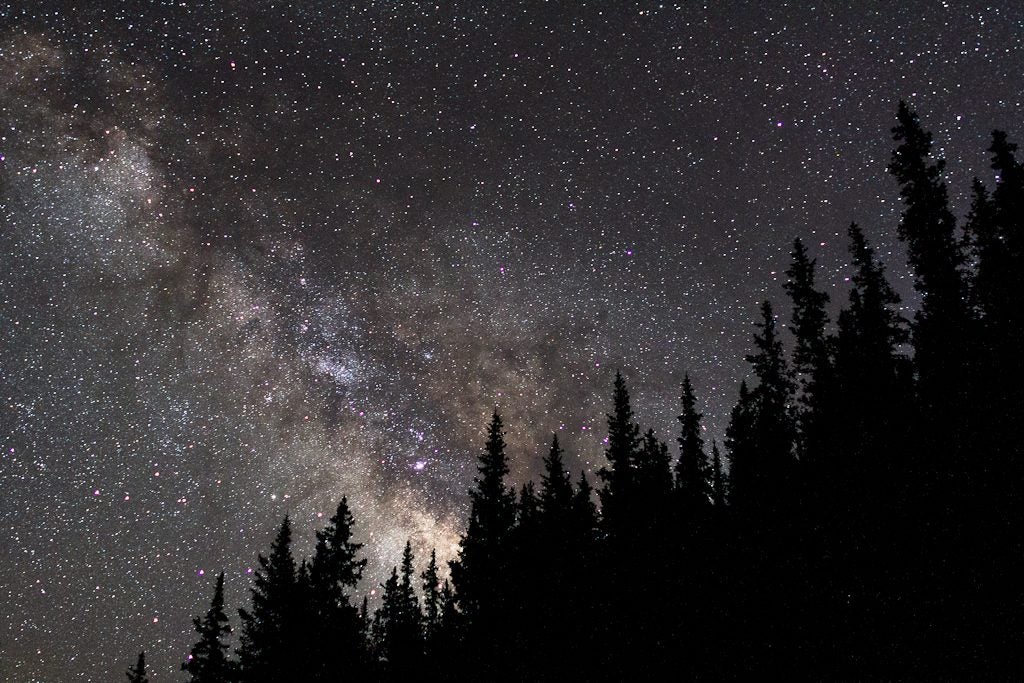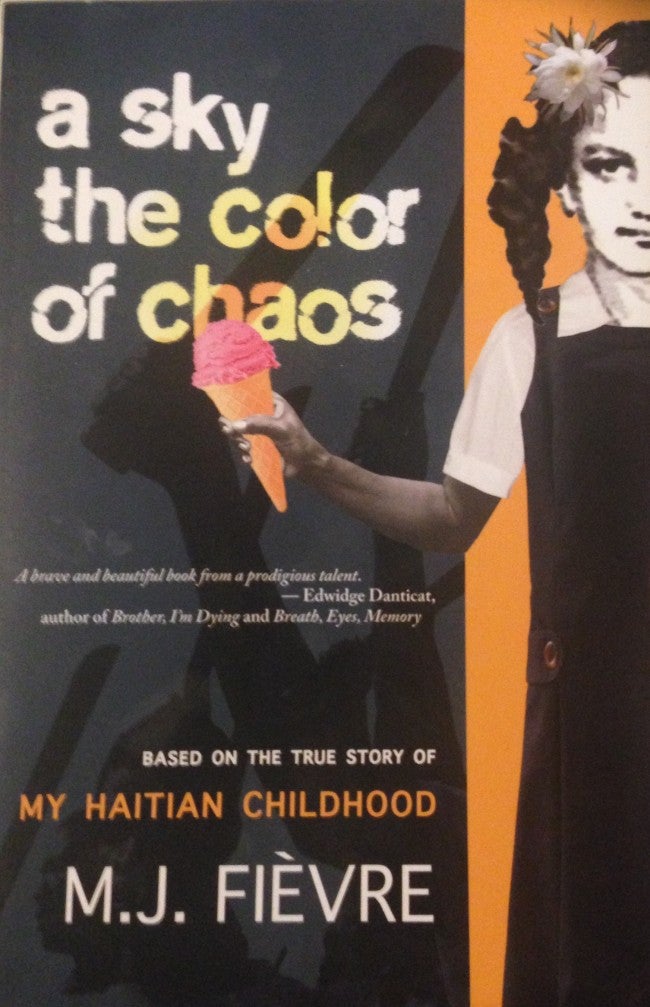fiction by Chidelia Edochie
I spent that Christmas Eve with my schoolmate Bibi and her parents at the National Palace, comparing the sizes of presents and our thirteen-year-old breasts with the other daughters of cabinet members and businessmen. All over Port-au-Prince younger children were taking off their shoes and filling them with hay so that Papa Noël could lade them with gifts as they slept. In the palace chandeliers gleamed down on us, everyone so drunk off of anisette punch that the whole place smelled of sugar and rum and salt from their sweat.
Bibi’s father, Mr. Mesadieu, kept an arm around President Duvalier as if they were brothers. The whole country called him Baby Doc—not fondly—and I’d heard Mr. Mesadieu refer to him as le bébé idiot. Our textbooks said that the Duvalier family had been the savior of Haiti, though our teacher often let it slip that he found the extravagance of their lifestyle distasteful. But I knew that Bibi liked him.
fiction by Chidelia Edochie
I spent that Christmas Eve with my schoolmate Bibi and her parents at the National Palace, comparing the sizes of presents and our thirteen-year-old breasts with the other daughters of cabinet members and businessmen. All over Port-au-Prince younger children were taking off their shoes and filling them with hay so that Papa Noël could lade them with gifts as they slept. In the palace chandeliers gleamed down on us, everyone so drunk off of anisette punch that the whole place smelled of sugar and rum and salt from their sweat.
Bibi’s father, Mr. Mesadieu, kept an arm around President Duvalier as if they were brothers. The whole country called him Baby Doc—not fondly—and I’d heard Mr. Mesadieu refer to him as le bébé idiot. Our textbooks said that the Duvalier family had been the savior of Haiti, though our teacher often let it slip that he found the extravagance of their lifestyle distasteful. But I knew that Bibi liked him.






